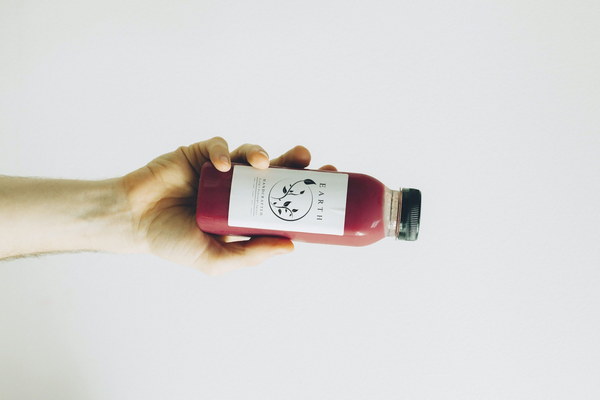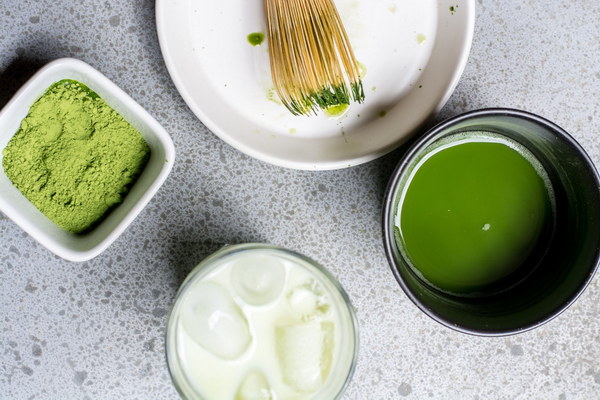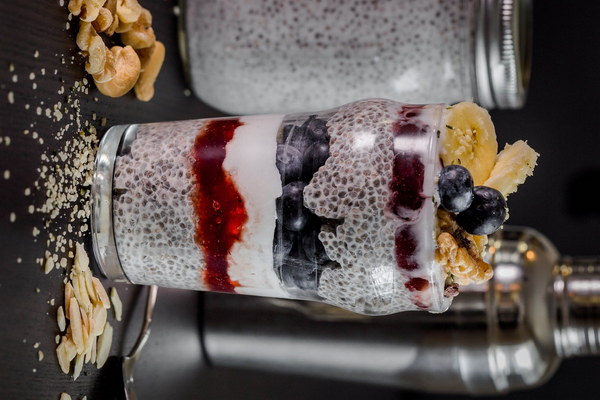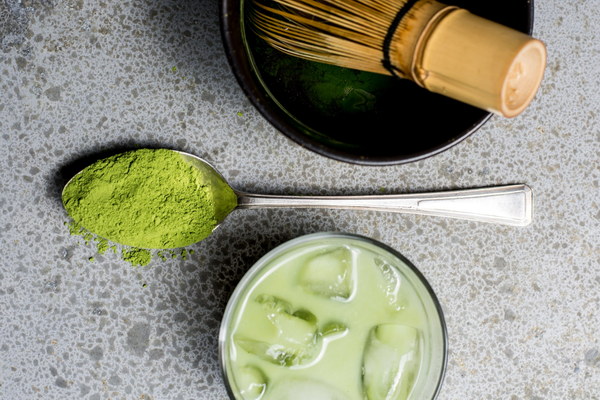Can bitter melon truly nourish the liver Exploring the benefits and myths
Bitter melon, also known as bitter gourd or karela, is a popular vegetable in many Asian countries. It has a distinctively bitter taste and is often used in various dishes. But can this bitter vegetable really nourish the liver? Let's delve into the science behind this question and explore the benefits and myths surrounding bitter melon.
First, let's understand what the liver does. The liver is a vital organ responsible for numerous functions, including detoxification, metabolism, and the production of bile. It plays a crucial role in maintaining overall health, and any damage to the liver can lead to serious complications. So, can bitter melon help in protecting and nourishing this essential organ?
Research suggests that bitter melon may have several liver-boosting properties. One of the primary reasons behind its liver-protective effects is its high content of antioxidants. These compounds help neutralize harmful free radicals, which can damage liver cells and lead to liver disease. Some studies have shown that bitter melon can help reduce liver inflammation and improve liver function in patients with liver diseases such as hepatitis.
Another potential benefit of bitter melon is its ability to lower blood sugar levels. Since liver dysfunction can lead to insulin resistance and elevated blood sugar levels, consuming bitter melon may help manage these conditions. This, in turn, can reduce the risk of liver diseases such as non-alcoholic fatty liver disease (NAFLD) and cirrhosis.
Moreover, bitter melon has been found to possess anti-inflammatory and antiviral properties. These properties can help combat various liver diseases, including hepatitis. Some research indicates that bitter melon may have a positive effect on patients with chronic viral hepatitis by improving liver function and reducing the risk of liver damage.
Despite these potential benefits, it's essential to understand that bitter melon should not be considered a miracle cure for liver diseases. It's a supplement, not a substitute for medical treatment. People with liver conditions should consult their healthcare providers before incorporating bitter melon into their diet.

Now, let's address some of the myths surrounding bitter melon and its liver-boosting properties:
1. Bitter melon can cure liver cancer: While bitter melon may have some liver-protective properties, there's no scientific evidence to suggest that it can cure liver cancer. Liver cancer is a complex disease that requires a comprehensive approach, including surgery, chemotherapy, and radiation therapy.
2. Bitter melon is toxic: Some people believe that bitter melon is toxic, especially when consumed in large quantities. However, research indicates that bitter melon is safe for consumption in moderate amounts. It's essential to choose fresh, organic bitter melon and avoid consuming it raw to minimize the risk of foodborne illnesses.
3. Bitter melon can replace medications: Bitter melon should not be used as a substitute for prescribed medications. It's a supplement that can complement medical treatment but should not replace it.
In conclusion, bitter melon does have potential liver-boosting properties due to its high content of antioxidants, anti-inflammatory, and antiviral properties. However, it's crucial to understand that bitter melon is not a miracle cure and should not be used as a substitute for medical treatment. If you have any concerns about your liver health, it's best to consult your healthcare provider and incorporate bitter melon into your diet as part of a balanced lifestyle.









